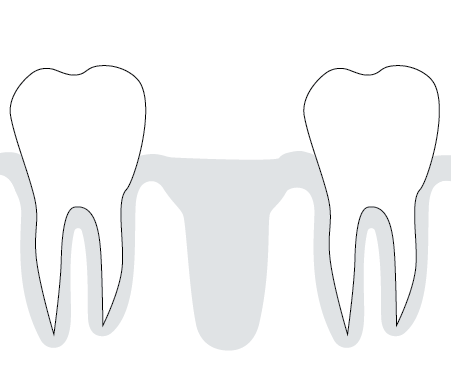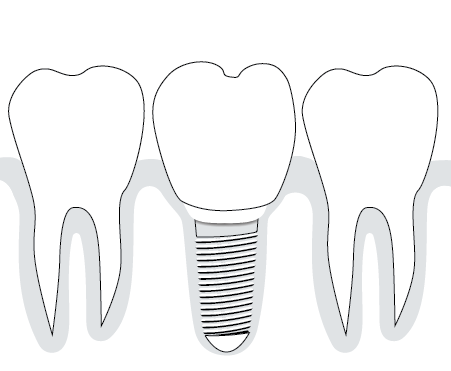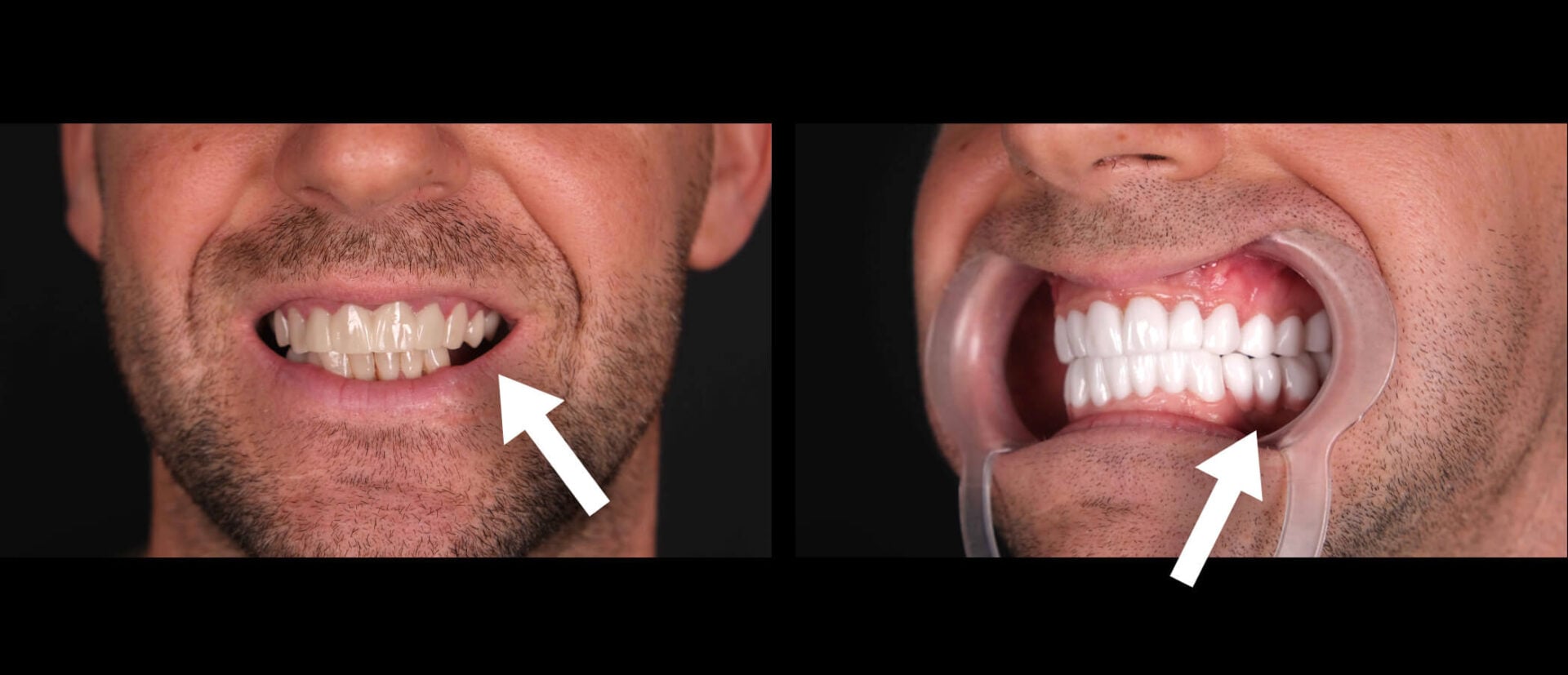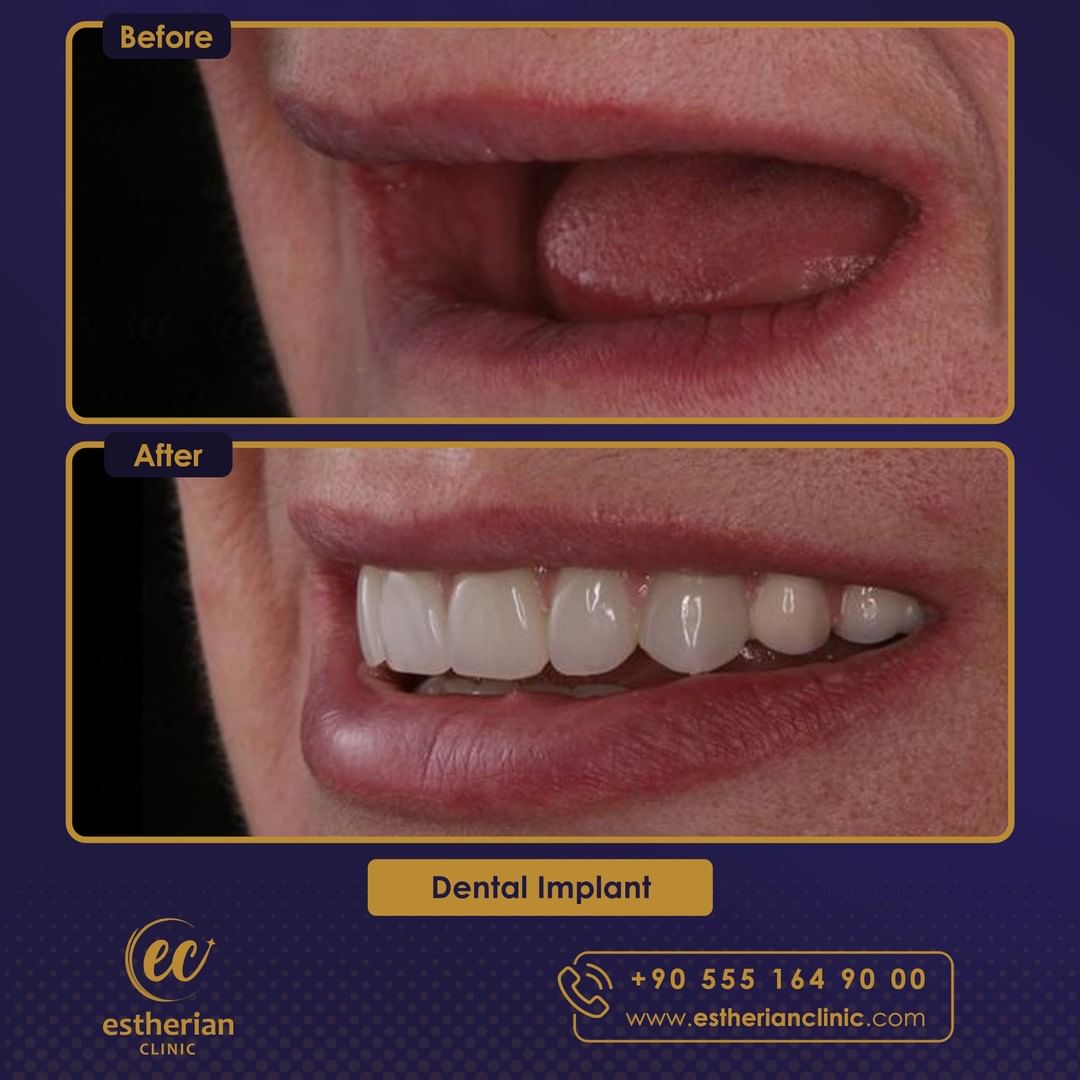Dental implant in Turkey is a leading choice for individuals seeking a durable and natural-looking solution to missing teeth. This procedure involves placing a titanium post into the jawbone, serving as a sturdy base for a crown, bridge, or denture. With state-of-the-art technology, skilled dentists, and competitive prices, Turkey is a top destination for dental implant treatments. Start your journey to a restored smile today!
What Are Dental Implants?
Dental implants are surgical procedures that replace tooth roots with metal, screw-like posts. These implants serve as the foundation for artificial teeth that mimic natural ones in both appearance and function.
Also you can check the Hollywood smile for better smiles. Learn more about Hollywood smile In Turkey
Why Teeth Matter
Your teeth are essential not only for chewing and speaking but also for maintaining the overall structure and health of your face. Missing or damaged teeth can lead to uneven bite patterns, jaw pain, and misalignment of other teeth. Over time, gaps can cause bone loss in the jaw, which affects facial contours and can even make the face appear older. Healthy teeth support proper nutrition, clear speech, and a confident smile. Beyond function, teeth play a major role in self-esteem, as a bright, complete smile contributes to social confidence and first impressions.
In short, your teeth are crucial for:
- Boosting self-confidence through an attractive smile
- Maintaining jawbone density and facial structure
- Supporting proper bite and oral function
- Preventing shifting of adjacent teeth
- Promoting clear speech
Causes of Tooth Loss
Tooth loss can happen for many reasons, often as a result of conditions that weaken the tooth structure, gums, or jawbone. Understanding the causes is important, as it highlights why treatments like dental implants are sometimes necessary.
The most common causes of tooth loss include:
- Tooth decay (cavities): Untreated decay can progress deep into the tooth, leading to infection and eventual loss.
- Gum disease (periodontitis): This is the leading cause of adult tooth loss, as it damages the supporting tissues and bone around the teeth.
- Trauma or injury: Accidents, sports injuries, or falls can knock teeth out or damage them beyond repair.
- Genetics: Some people are more prone to weak teeth, thin enamel, or gum disease due to hereditary factors.
- Poor oral hygiene: Inadequate brushing, flossing, and dental care can accelerate decay and gum problems.
- Medical conditions: Diabetes, osteoporosis, or certain medications can compromise oral health and increase the risk of tooth loss.
When one or more teeth are lost, the consequences extend beyond appearance: chewing efficiency, speech clarity, and bone preservation are all affected. That’s why replacing missing teeth with a strong and natural-looking solution like dental implants is often recommended.

Procedure
Before Treatment
- Comprehensive Dental Examination
- Includes dental X-rays, 3D imaging, and models of your teeth and jaw.
- Medical History Review
- Inform your doctor about any medical conditions and medications, including prescriptions, over-the-counter drugs, and supplements.
- If you have certain heart conditions or orthopedic implants, antibiotics may be prescribed to prevent infection.

During Treatment
Step 1: Titanium Root Placement
The dentist creates a small hole in your jawbone to insert a titanium root, which acts as a fixed foundation for the artificial tooth. A temporary tooth is placed over the root to fill the gap until the next session.
Step 2: Bone Growth and Healing
- The jawbone begins to grow around the titanium root, creating a strong foundation.
- This process, called osseointegration, can take several weeks or months to ensure a secure base for the final crown.
Step 3: Abutment Placement
- Once the bone has healed, a second procedure is performed under local anesthesia to place the abutment.
- The abutment serves as the connector between the titanium root and the dental crown.

Materials Used in Crowns
- Porcelain: Durable and resistant to biting pressure, making it an excellent choice for natural-looking crowns.
- Metal: Sometimes used for added strength and durability, especially for back teeth.
Benefits of Dental Implants
Dental implants have become the gold standard for tooth replacement because they provide both functional and aesthetic advantages. Unlike temporary solutions, implants are designed to act just like natural teeth.
Key benefits include:
- Natural look and feel: Implants are crafted to match your existing teeth in color, shape, and size, blending seamlessly into your smile.
- Improved chewing ability: Because implants are anchored into the jawbone, they restore bite strength and allow you to eat comfortably without restrictions.
- Bone preservation: Dental implants stimulate the jawbone just like natural tooth roots, preventing bone loss that usually occurs after losing teeth.
- Long-term durability: With proper care, implants can last decades, often a lifetime, making them a cost-effective solution in the long run.
- Better speech: Unlike dentures that can slip, implants remain secure, helping you speak naturally and confidently.
- No effect on neighbouring teeth: Traditional bridges require grinding down adjacent teeth, but implants stand independently, protecting the health of nearby teeth.
- Boosted confidence: Restoring a full smile enhances not just appearance but also self-esteem, making patients feel more comfortable in social and professional settings.

Risks of Dental Implants
While dental implants are generally safe and highly successful, they are still a surgical procedure, which means some risks exist. The majority of patients experience smooth recoveries, but being informed helps manage expectations.
Potential risks include:
- Infection: As with any surgery, there is a small chance of infection at the implant site if proper hygiene isn’t maintained.
- Implant failure: Rarely, the implant may not integrate properly with the jawbone (a process called osseointegration). This can result in loosening or failure of the implant.
- Nerve injury: If placed too close to a nerve, patients may experience temporary or, in rare cases, permanent numbness, tingling, or pain in the lips, gums, or chin.
- Sinus issues: For implants placed in the upper jaw, especially near the back teeth, improper placement can affect the sinus cavity.
- Bone loss over time: If the bone doesn’t remain strong enough, the implant may lose stability, requiring additional procedures such as bone grafting.
- Gum recession: The gums around the implant may recede over time, exposing parts of the implant and affecting aesthetics.
- Surgical complications: Bruising, swelling, and mild pain are common temporary side effects, but they usually resolve within days.
It’s important to remember that choosing an experienced surgeon and following all aftercare instructions significantly lowers the likelihood of complications.
Tips to Avoid Complications
Proper care can prevent most post-surgery issues:
- Maintain good oral hygiene by brushing and flossing daily.
- Rinse regularly with an antiseptic mouthwash.
- Avoid smoking and alcohol, which can delay healing.
- Limit consumption of sugary foods and drinks to reduce the risk of infection.
Dental implants not only restore your smile but also improve your overall oral health. For a tailored treatment plan and professional care, consult an experienced dental clinic today!
Common Myths About Dental Implants
When it comes to dental implants, many patients hesitate because of misconceptions they may have heard. Clearing up these myths is important so you can make informed decisions.
Myth 1: Dental implants are extremely painful.
Fact: While dental implant surgery may sound intimidating, modern anesthesia and advanced techniques make the procedure very tolerable. Most patients report that discomfort is no worse than a tooth extraction, and recovery pain can be managed with mild painkillers.
Myth 2: Implants don’t look natural.
Fact: Dental implants are designed to mimic the look and function of natural teeth. With custom-made crowns matched to your existing teeth, it’s nearly impossible to tell the difference.
Myth 3: Dental implants are only for older people.
Fact: While many older adults benefit from implants, younger patients who have lost teeth due to trauma, decay, or congenital issues can also be excellent candidates.
Myth 4: They are risky and often fail.
Fact: Dental implants have one of the highest success rates among surgical procedures—over 95% when performed by experienced specialists. Failure is rare and usually linked to poor oral hygiene or underlying health issues.
Myth 5: Dental implants are too expensive to be worth it.
Fact: While the upfront cost can be higher than bridges or dentures, implants are long-lasting and often more cost-effective over time since they don’t need frequent replacement.
Myth 6: Recovery takes forever.
Fact: Most patients return to work within a day or two, and while full healing can take several months, normal daily activities resume quickly.
Myth 7: You can’t eat normally with implants.
Fact: Once healed, implants function like natural teeth, allowing you to enjoy all your favourite foods without worry.
FAQs
How long do dental implants last?
With good oral hygiene and regular dental check-ups, implants can last 20 years or more, often a lifetime. The crown may need replacement after 10–15 years, but the implant itself is highly durable.
Is everyone a candidate for dental implants?
Not always. Ideal candidates are patients with good overall health, healthy gums, and sufficient bone density in the jaw. Smokers, people with uncontrolled diabetes, or those with severe bone loss may need special treatments before becoming eligible.
Are dental implants safe?
Yes. Dental implants are considered very safe when performed by an experienced dentist or oral surgeon. Risks are minimal and manageable, especially with proper aftercare.
Dental Implants In Turkey Before and After



Related Articles About Dental Implants
Real Self: “Implants help maintain jawbone density, preventing deterioration from missing teeth.”
Mayo Clinic: Dental implants provide a stable foundation for eating, speaking, and smiling confidently.

